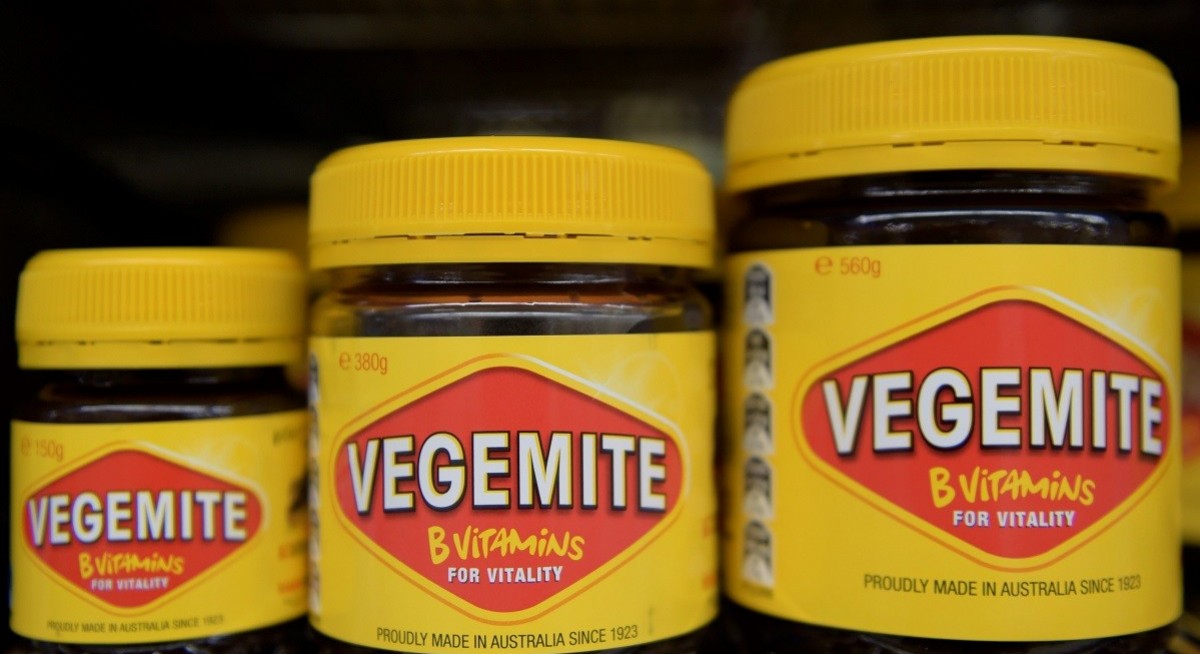The launch came after months of delays, with Gilmour Space having aimed for a debut in March before pushing back the date multiple times, including a postponement in May because of an issue with the rocket’s payload fairing.
It’s not unusual for a new rocket to fail on its first launch attempt, and the three-stage Eris rocket wasn’t carrying any satellites or other expensive cargo.
The company knew that the chances of reaching orbit on the first try were “very, very, very low,” Chief Executive Officer Adam Gilmour told Bloomberg News ahead of the launch. “We define initial success as getting off the pad.”
The Eris had a minimal payload that included a jar of Vegemite, the thick black toast spread that many Australians consider a national symbol.
See also: Saudi Arabia explores giant jet purchase from Airbus, Boeing — Bloomberg
Based on the Gold Coast, Queensland state, Gilmour Space started its rocket program in 2015 and had hoped to launch as early as 2023. It pushed back that timeline as it waited for regulatory approval.
The 25-metre tall rocket uses a hybrid liquid-solid propellant technology, a system that Gilmour Space says is safer and cheaper than the liquid or solid fuels that many other rockets use.
The Australian Space Agency announced on July 25 that Gilmour received A$5 million from Australia’s government to accelerate the development of the rocket’s engine. The company also has backing from investors including Blackbird Ventures and Queensland Investment Corporation.
“We have quite a lot of investors that are interested in investing in the company,” Gilmour said. “But they’re obviously waiting to see what happens with the launch before they decide to invest or not.”




